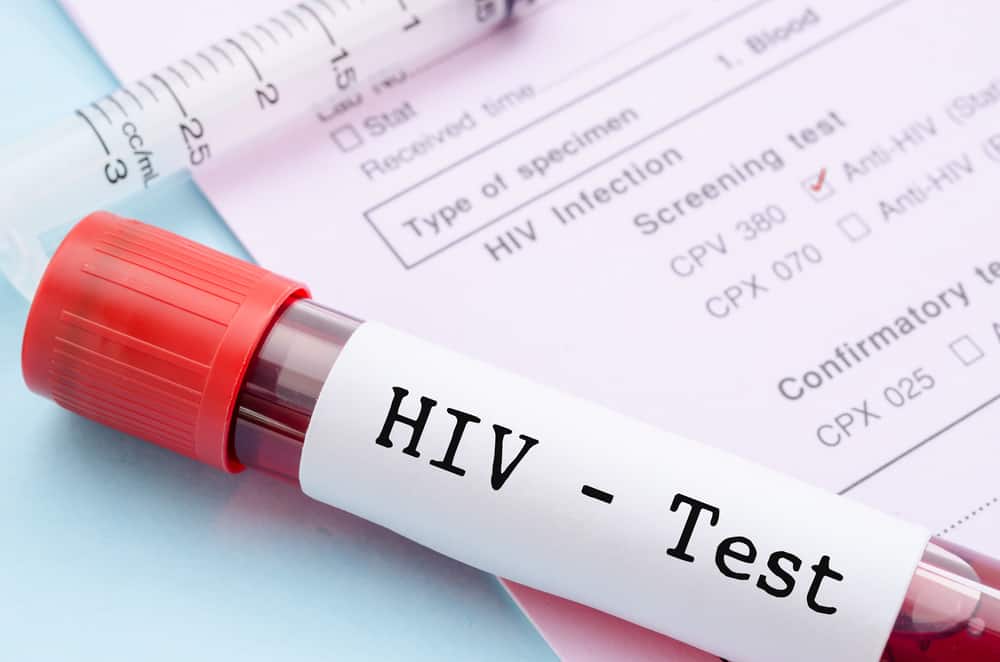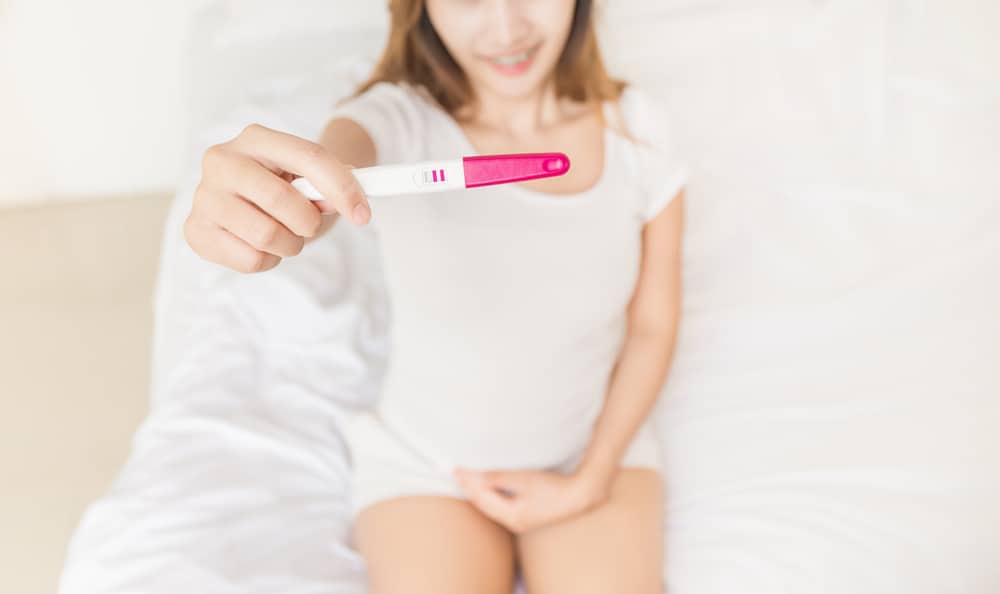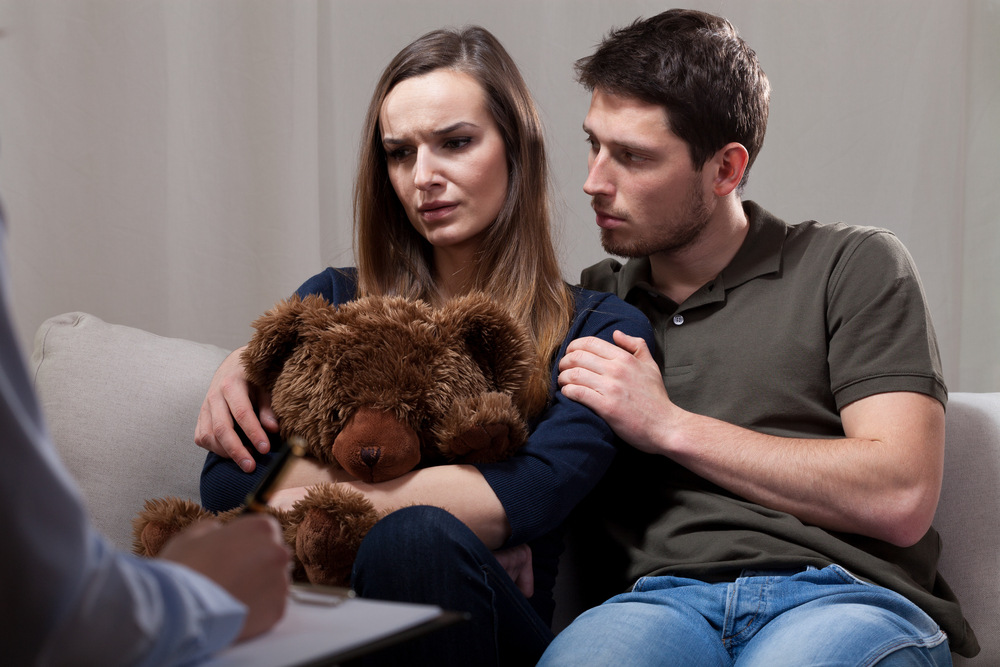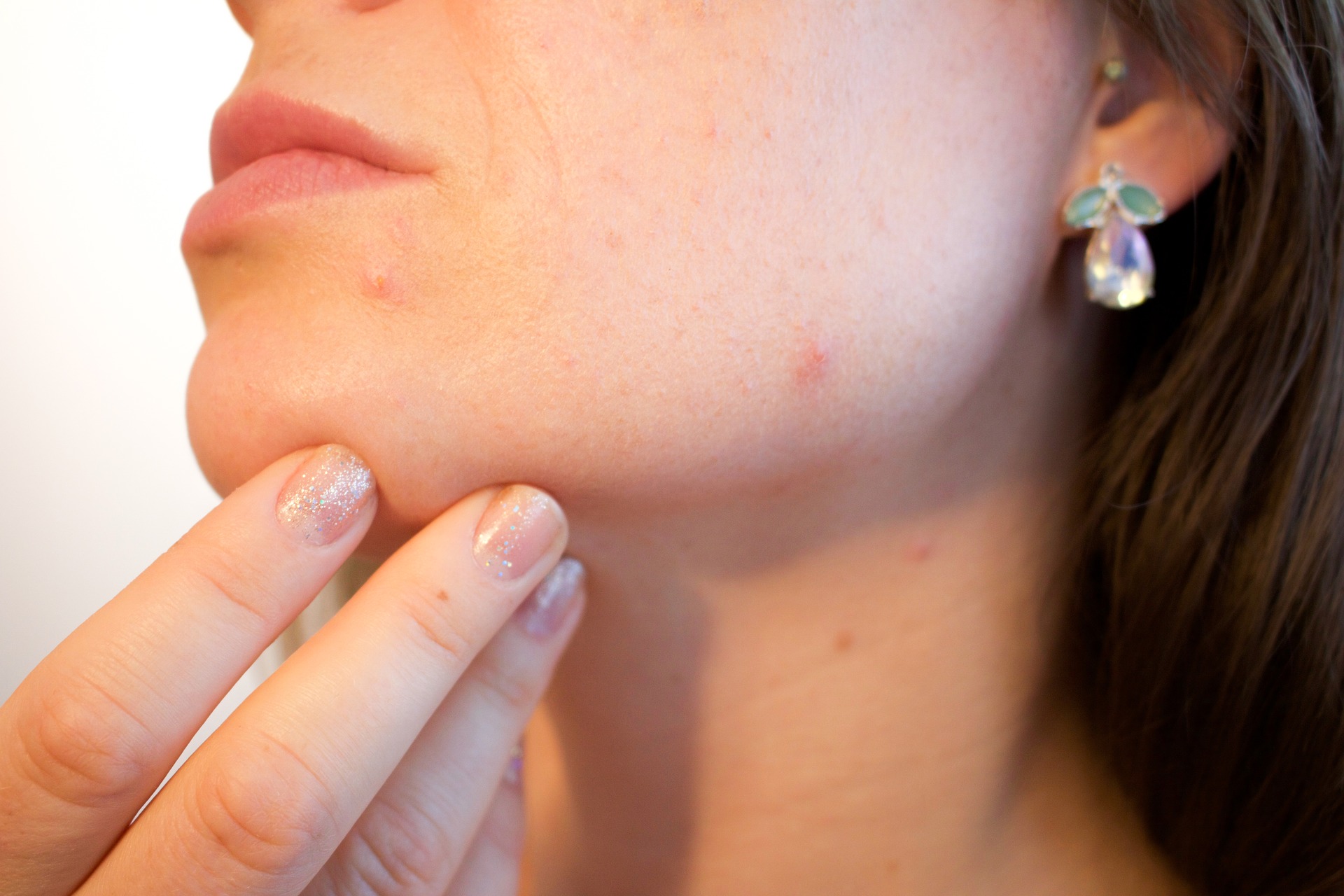Contents:
- Medical Video: HIV Home Test
- Understand the results of HIV testing
- 1. Negative test results
- 2. Reactive test results
- 3. Positive test results
- Inaccurate HIV test results
Medical Video: HIV Home Test
HIV testing is done to detect HIV early, so doctors can recommend appropriate treatment or prevention. The results of the HIV test you get will of course depend on what type of test you are taking. HIV test results can be positive or negative, but HIV diagnosis alone is not this easy. Then how can we understand the results of HIV testing? See the following explanation.
Understand the results of HIV testing
1. Negative test results
Negative test results do not necessarily mean you are not infected with HIV and are completely clean. There is a window period, which is the time between someone infected with HIV and when the test can accurately detect the virus. The window period varies for each person and also differs depending on the type of HIV test.
So if you have an HIV test within 3 months after exposure to the HIV virus and the results are negative, you need to be tested again in the next 3 months to make sure.
If you find out that you are HIV-negative on the last test, you can only be sure you are still negative if you have not had the potential for HIV exposure (not doing things that are at risk of HIV) since your last test.
Negative test results also do not necessarily mean that your partner is also HIV negative. HIV testing only applies to people who are tested. It's better for your partner to take an HIV test.
2. Reactive test results
Reactive test results are positive results that may need to be re-confirmed with additional laboratory tests, before an HIV positive end result can be given.
You must provide another blood sample that will be sent to the laboratory for testing. Your diagnosis will not be given until this additional test is complete. At this stage, it is very important to follow the doctor's advice to monitor symptoms of HIV and prevent infection with the virus.
3. Positive test results
If your HIV test results are positive, then you are HIV positive. These results indicate that HIV has been detected in your body.
Fortunately, there are currently treatments for HIV that will keep you healthy. The results of your HIV test are only shared with health workers involved in your care.
Generally health workers will provide referrals to treatment plans. If you are pregnant, you will be given care to prevent transmission to your baby. In addition, you will also continue to be monitored and asked to be aware of tuberculosis (TB) infections. Especially if you live with a TB person or want to go to an endemic area.
You need to start treatment as soon as possible to make sure you stay healthy and to reduce your chances of spreading HIV to other people. Antiretroviral therapy or ART is recommended for all people with HIV, no matter how long you have been infected or how healthy you are.
ART slows down HIV progress and helps protect your immune system. Undergoing routine ART treatment and discipline can keep you healthy for years and greatly reduce the risk of HIV transmission to other people.
Inaccurate HIV test results
In addition to the three test results above, there are two test results that are said to be inaccurate, namely false negatives and false positives.
False negative results are a failure to detect antibodies or antigens in someone who turns out to be infected with HIV (i.e. an error identifying an HIV positive person as HIV negative). This is most likely to occur during the window period, when antibodies and antigens have not been detected.
Conversely, tests that mistakenly return positive results in people who are actually HIV negative are known as false positives. This may occur if non-HIV antibodies are incorrectly identified as antibodies to HIV.
The risk of a positive result from a single test can in fact be a false positive, so many doctors prefer to say that the HIV test results are reactive rather than positive. That way, you will be asked to retest to confirm the results.
If you still have certain questions or concerns regarding the results of your HIV test, consult your doctor directly.












